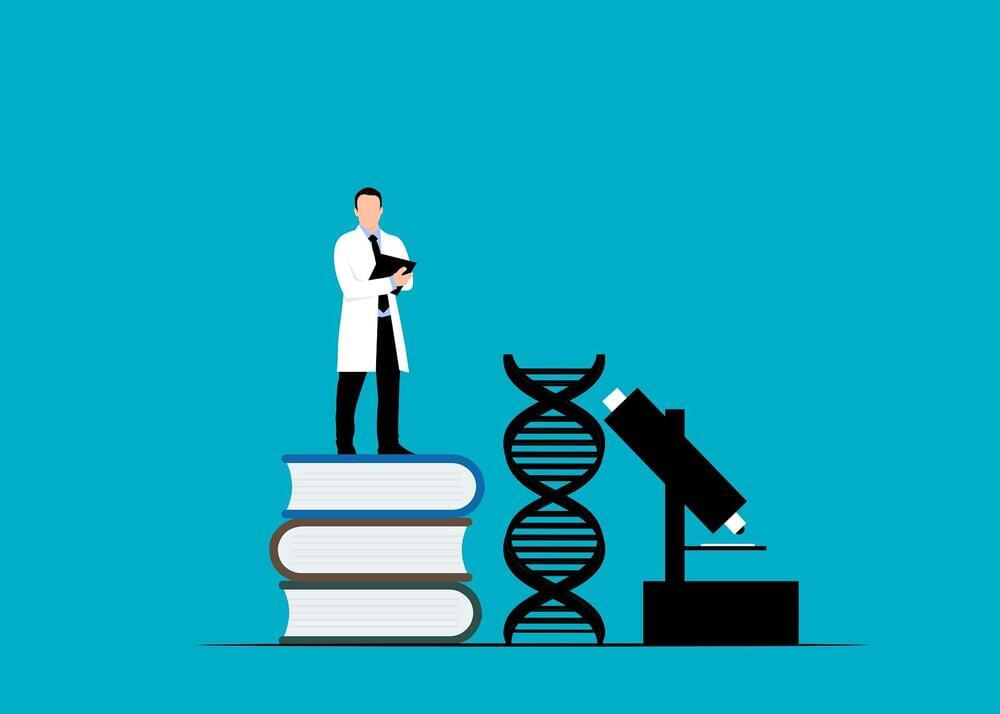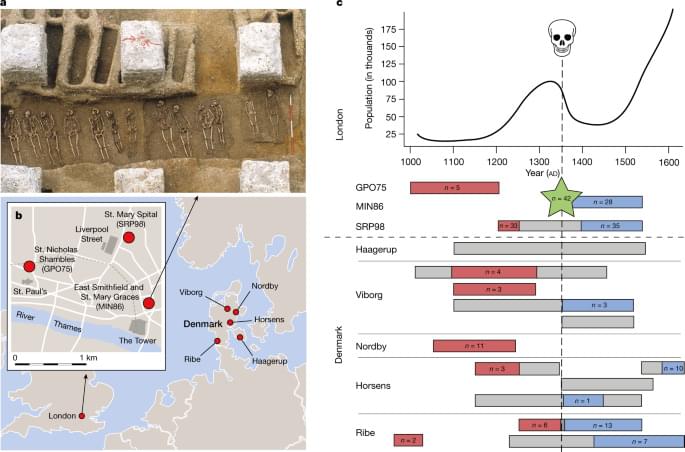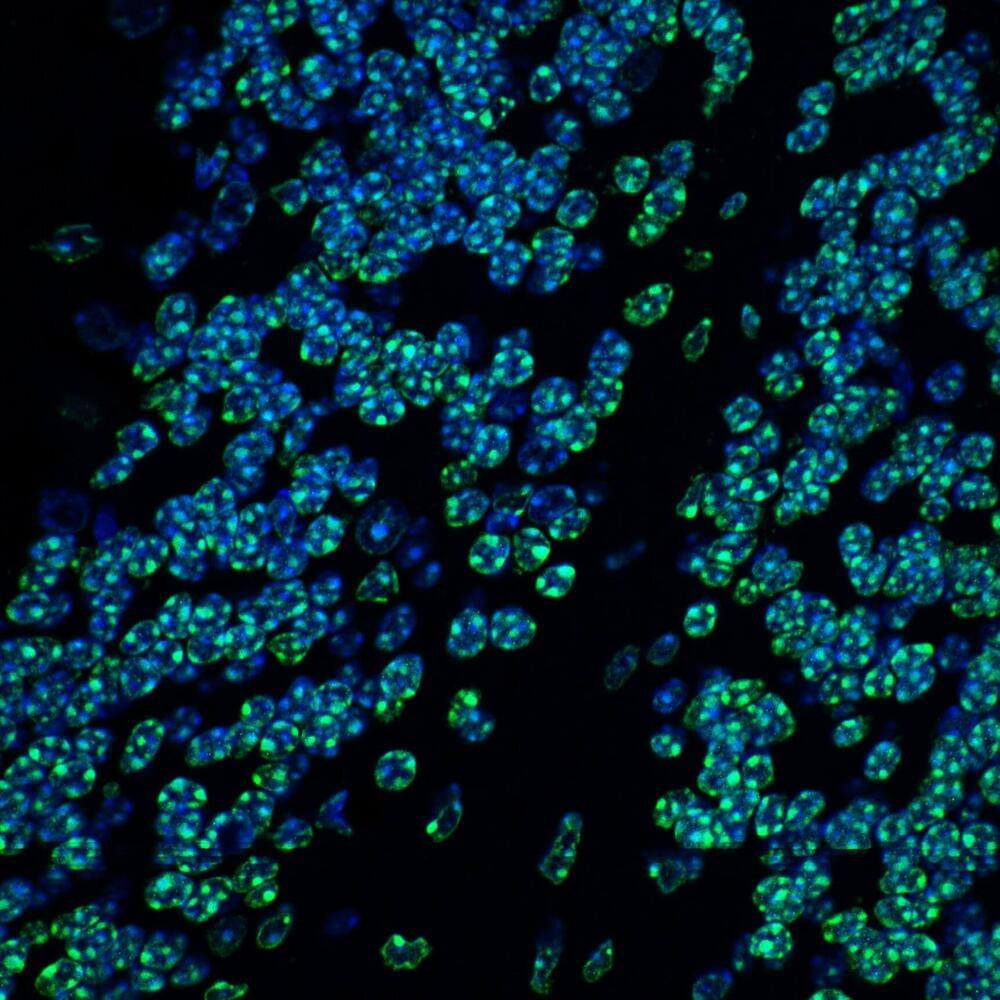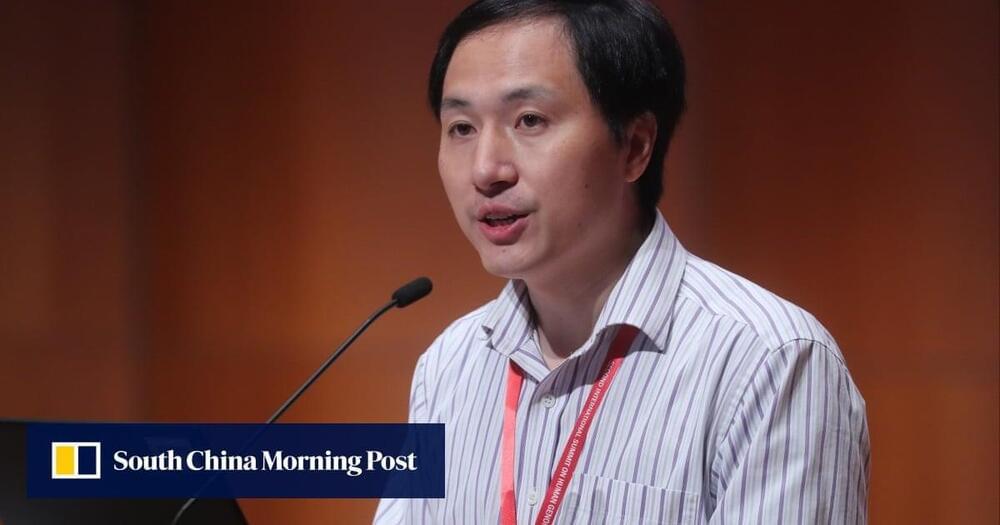Scientists have discovered the cause of a rare condition within a part of the genome that has been largely unexplored in medical genetics. A team at the University of Exeter has found genetic changes in a region that controls the activity of the genome, turning on or off genes, and in doing so they have found a key that could unlock other causes of rare conditions.
The finding, published in Nature Genetics, is a very rare case of a cause of disease that only results from changes outside the exome, the region of the genome that codes for genes. It is also the first time that changes have been shown to affect a gene—known as HK1—that does not normally have a role in the relevant body tissue—in this case, the pancreas.
Until now, scientists have typically sequenced the part of the genome that describes the genetic code of all genes in individuals with a rare disease. They do this looking for variants in the DNA that affects a protein known to have an important role in the disease-relevant organ. A good example is observed in neonatal diabetes, where genetic variants disrupt the function of the pancreatic protein insulin, causing high blood sugar levels.








